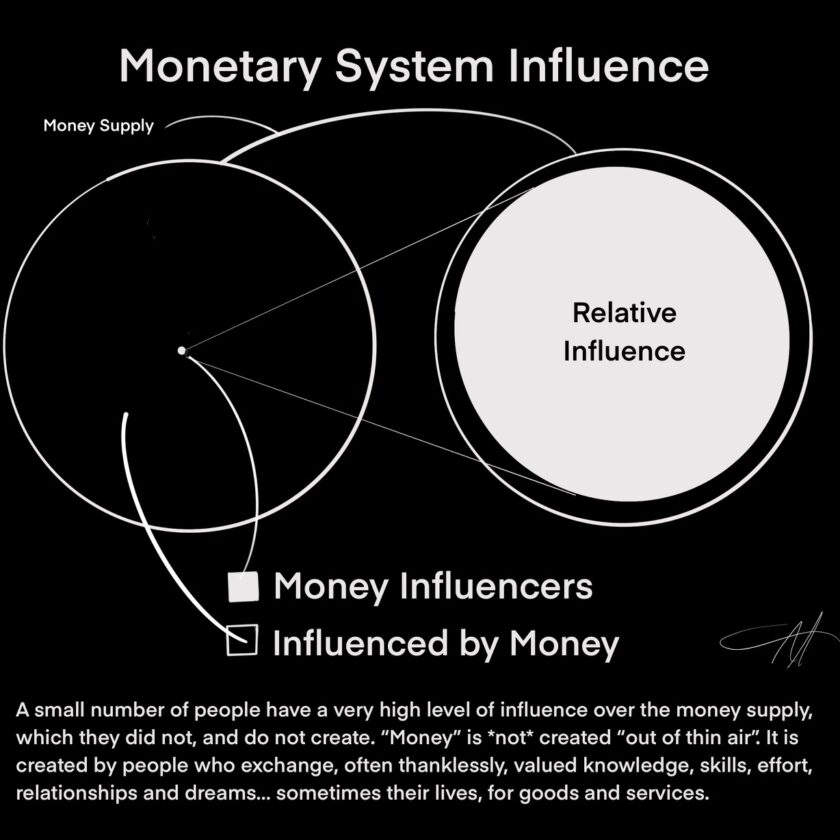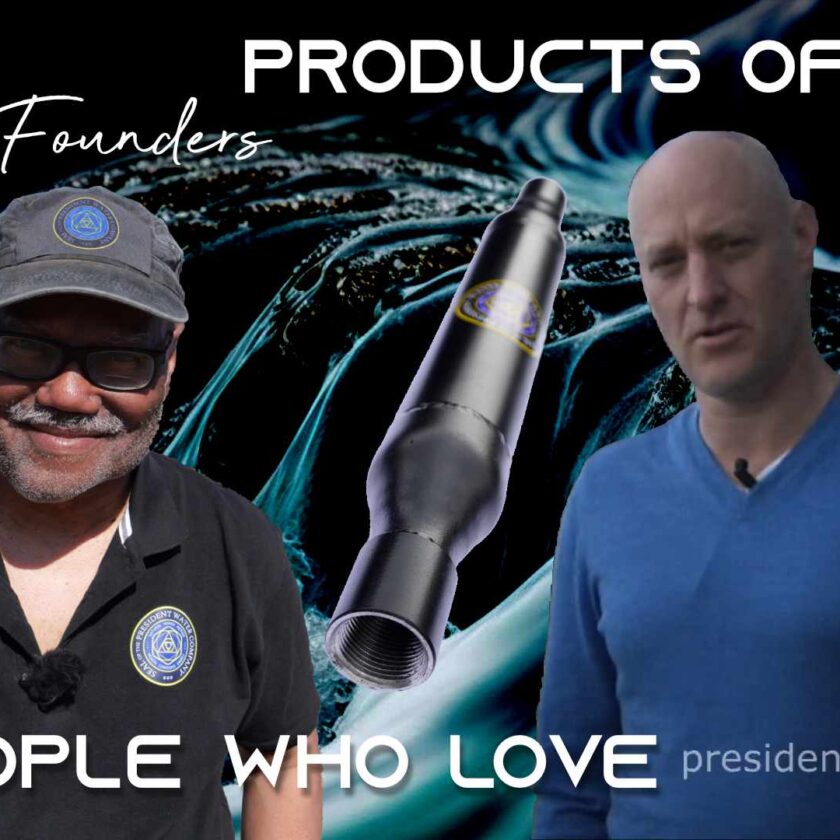In a blaze of gore, Sueng-Hui Cho went from anonymous to infamous in a matter of minutes; a “nobody” in his mind, to a somebody in ours, whose name is on the lips of a nation, and around the world… whose image, and madness became the subject of prime time television. In their silence, the victims don’t get nearly the attention that Cho is now commanding through his orchestrated madness.
It is often said that hindsight is 20/20. The problem is that foresight doesn’t necessarily come out of it. Yet, if we had foresight, it is likely that we’d create fewer Sueng-Hui Chos, who turn themselves into people who do things that make us want to analyze, relive, shake our heads, and sometimes agonize over, via hindsight.
As one life after another was needlessly, senselessly, and suddenly taken, public interest in Cho increased. Posthumously, he became an international celebrity, a “hero” who turned the gun on himself, quelling any opportunity the survivors — meaning all of us — may have had to figure out what on Earth he could have been really thinking, or take a measure of vengeance out at his expense.
Before making his grand entrance and exit, he did have the foresight to tell us what he thought. But then after looking and listening to his diatribes ad nauseum, you still wonder, “how could he think that?” The fact is that there are many Cho’s out there who think this way. He’s not alone.
Also, it’s not really important how he got to thinking as he did. To even seek to understand how or why Cho thought the way he did only gives him more attention. I would be much more interested in the lives that, by his insane act, won’t be blossoming as envisioned.
There is major concern over re-enactments of the Virginia Tech tragedy by “copycats” who see the groundswell of attention and interest that Cho gained for himself in absentia. As an option to the bed of fear that we so readily slide into, this is a great opportunity to exercise forgiveness. Forgiving Cho in light of, and in spite of his action, is the best way to free each heart that is laden with sadness, sorrow, and fear. It doesn’t mean we condone what he did. It means that we don’t allow what he did to control us.
The more we discuss and relive the Virginia Tech tragedy in fear, the more we increase the likelihood of it happening again. I’m not suggesting that we sweep it under the carpet. But speaking about it in anger and angst, projecting its re-occurrence, and instigating any number of “suspicious person” hunts takes potential futures in one direction in contrast to speaking about it in sadness, but willingness to reach out with love to people who are troubled, and in pain.
You and I can reach out to people who are troubled and in pain, without leaving our chairs. We can do it with our thoughts, and by directing our energies. It doesn’t even have to be specific in direction, simply through intent. Send thoughts of love and support to the victims of Cho’s delusion, but send it to Cho as well. He needs it even more than they do.
Forgiving the radical Muslims who orchestrated the tragedy now known simply as 9-11 would not have meant that we condoned their action. It would have brought us to a place of balance and introspection to see how we could actually achieve the justice we wanted, without escalating the danger threshold any further, and giving Islamic extremists concrete examples that appear to bear out their “truths”.
Do you think that so many suicide bombers would have continued to volunteer to reek such havoc on Iraq if we dealt with their leadership as though they were fellow human beings? They are, you know.
Since we didn’t do it that way, no one can argue that it wouldn’t work, although I’m sure that most believe it wouldn’t. But I think we can safely agree that the route we did take hasn’t achieved much more than a heightened danger level, no more answers than we had before the death toll began rising, and the inability to do a “soft shoe” around the simple truth that fear is no way to lead a nation (or a life for that matter), and killing is not a sound method to achieve peace and accord.
How arrogant it is to believe that we can “win” by attrition, and be willing to risk so many casualties to “prove” the theory. That we’re still trying to justify continuing the path given the fruits it has yielded is beyond arrogant; it approaches stupidity, not because of how it would look if we withdrew, but because of how it is. Every new casualty means a new level of elevated danger; new reasons to be wary and on guard, new reasons to fear (for those who are fear prone). These paths will have to be retraced on the road to peace when we ever really get on it, so why go there now?
It’s easy to take the “slash and burn” approach to diplomacy if you’re not sending your own sons and daughters, and you’re killing the fathers, mothers, sons, and daughters of the “enemy.” But because we think we can “win” that game doesn’t make it the best one. There are far more profits to be gained in real peace, than there are in continued war.
The concept of an “enemy” remains unquestioned, when that is what should have been challenged (and jettisoned) all along. If we can see ourselves as representing the forces of “good” in justifying our lethal approach, how can we, for one second, think that our “enemies” don’t see themselves as “the good guys” too? No one wants to be the “bad” guy. Even the guys who claim responsibility for terrorist acts think they’re doing “good” in God’s eyes. How sick is that? Well it’s not. It’s how we try to justify heinous actions. Our leadership has been trying to do it as well.
No one wants to appear “weak”. No one wants to “lose face.” When, by avoiding these appearances, we’re willing to continue the contention, the carnage and killing, all of this is ego posturing, and based on lies and deception… not only of the American People, but self-deception by the leadership.
Sueng-Hui Cho took his own life and the lives of other innocent people and blamed society. In fact, he is responsible for his actions, and ultimately, fittingly, he took his own life. Our country — represented by the military — is taking the lives of other innocent people, and risking their own innocent lives, and blaming it on “the bad guys.” In fact, we are responsible for the new blood shed that we are parties to, instigating, or are victims of. But our leadership still blames the “bad guys.” It’s a mindset that is misplaced and inappropriate for today.
I have suggested in this blog that we take a look at ourselves; who we are, and get a gauge on our feelings. I have suggested that we begin assessing where God sits within our matrix of beliefs, and in relationship to who and what we are.
Is God some major, super important, somewhat neurotic and insecure Being who is bored, needs to be entertained, has no time for us, and would make us jump through ecclesiastical hoops to gain his pleasure? Is God a “He” with no “She”… the Ultimate Bachelor who has no respectful place for women?
Or is God within everything and everyone, including you and me? Including our friends and family? Including our military, and enemies? Your answer to these questions will impact the quality of your life experiences, your relationships, your hopes, and your dreams.
It will influence whether you fear more explosions like that of Sueng-Hui Cho, or whether the impact of his actions are acknowledged, but allowed to roll off you without dimming your light. It is light that the world needs; both yours, and mine. If you get pissed, your light goes dim. If you become afraid of what might happen, your light diminishes to a flicker. How will we ever see the best way without actively seeking it, in spite of apparently legitimate reasons to “go postal?”
It is love that all troubled souls are really asking for. Will we give it? Or will we “get tough” and “send a message?”
That’s the question.




